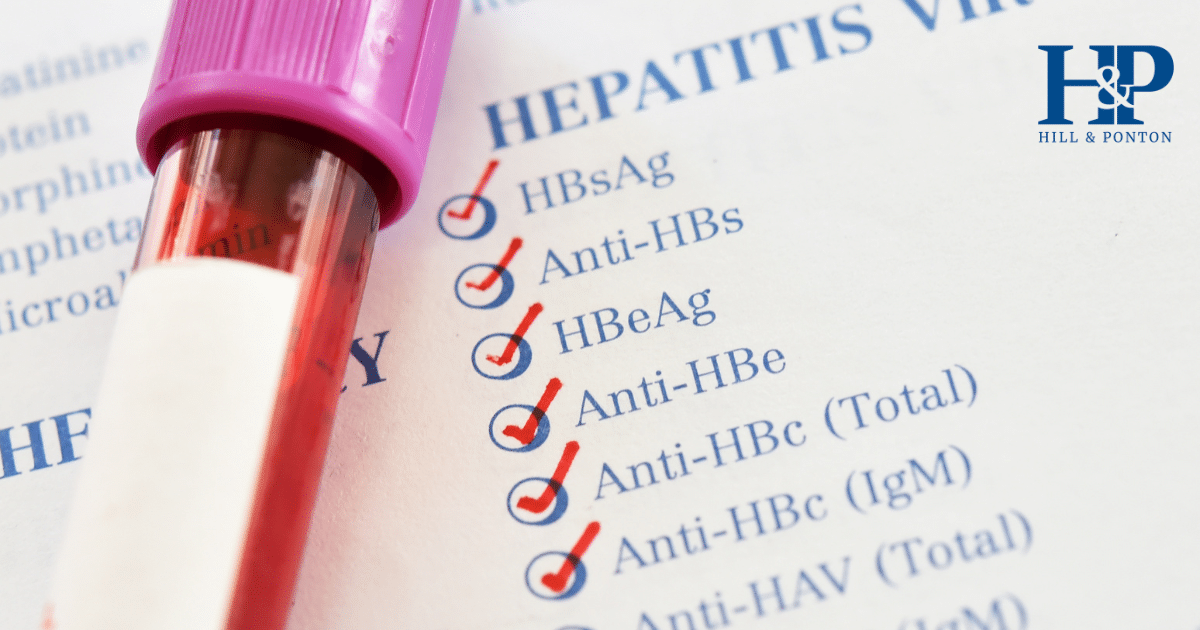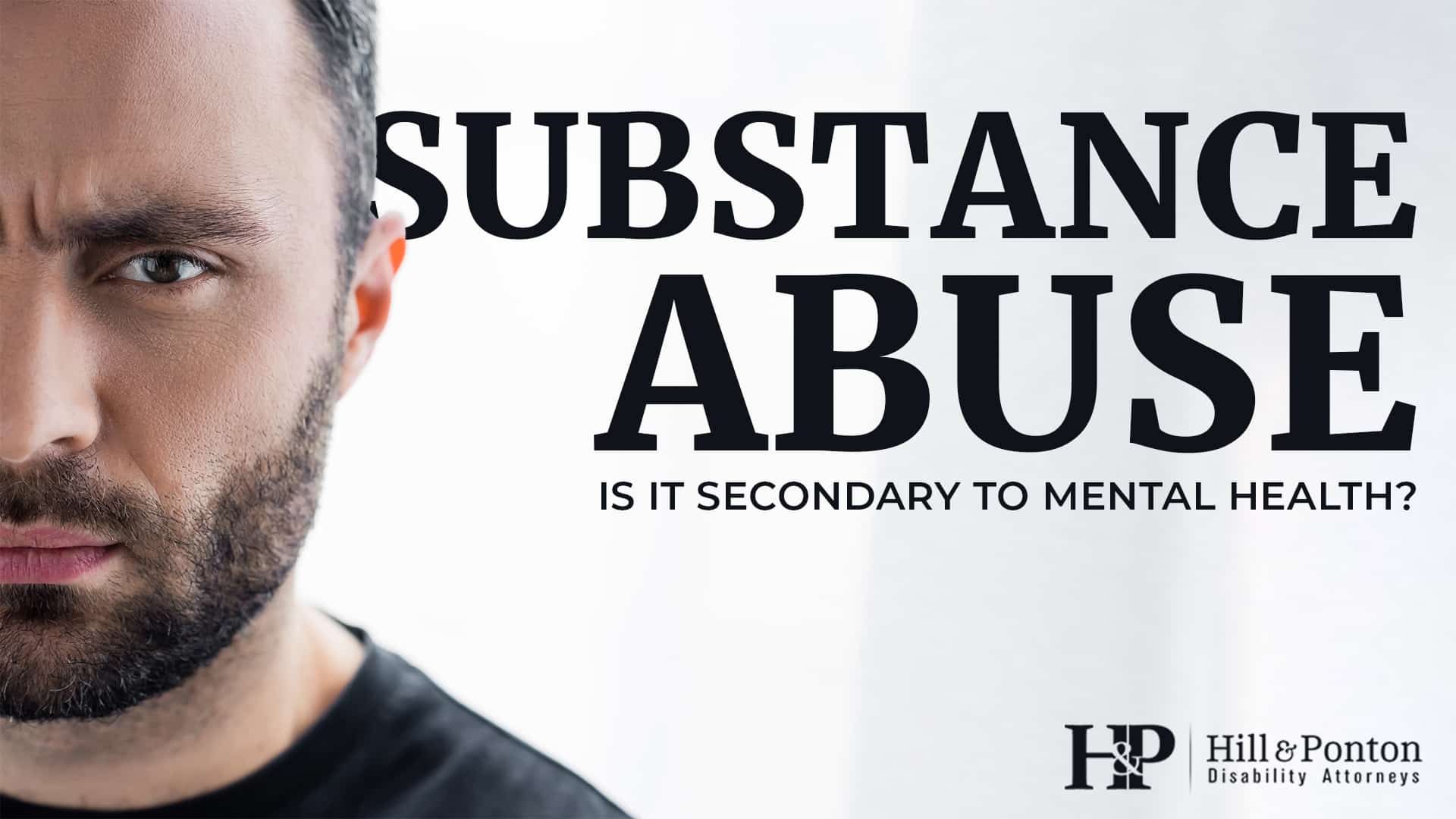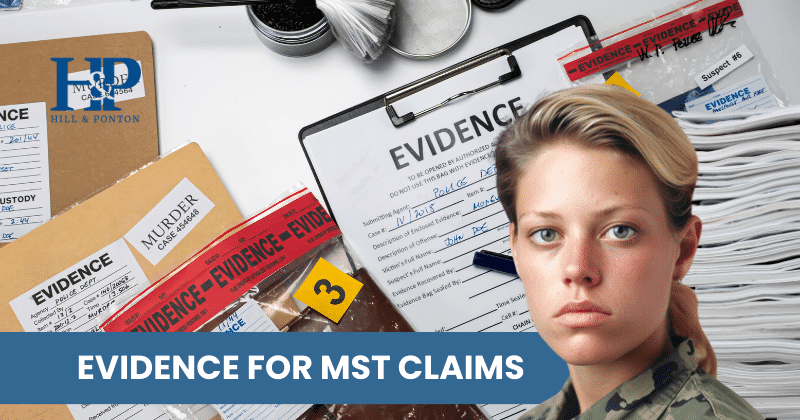Securing service connection for Hepatitis C (Hep C) can be challenging, particularly when drug abuse is involved. However, some veterans can still obtain service connection under certain circumstances.
Risk Factors for Hepatitis C
Hepatitis C is primarily known to be transmitted through illicit drug use, specifically intravenous (IV) drug use. However, it’s important to note that Hep C can also be transmitted intranasally through shared drug paraphernalia, even for non-injecting drug users.
This risk factor highlights a crucial aspect for veterans filing a VA Hepatitis C claim, as it broadens the potential for service connection beyond IV drug use.
Can I Still Secure Service Connection for Hepatitis C if I’ve Used Drugs?
Most veterans are aware that service connection is not possible if the VA determines that a particular disability is due to willful misconduct. Willful misconduct is defined in the VA regulations as “an act involving conscious wrongdoing or known prohibited action.”
Under this definition, it is pretty clear that illegal drug abuse involves wrongdoing and known prohibited action. However, just because a veteran used drugs which were the cause of Hep C does not necessarily mean the veteran will be prohibited from obtaining service connection for that condition.
If the veteran can prove that the drug abuse was secondary to another condition that is service-connected, then the drug use itself would then be considered service connected, under the theory of secondary service connection. This is a crucial consideration for veterans pursuing a VA Hepatitis C claim.
An Example of Self-Medicating a SC Condition
A common scenario involves veterans with Post Traumatic Stress Disorder (PTSD) who use drugs to self-medicate their symptoms. This is particularly prevalent among combat veterans.
For instance, it’s estimated that 15-20% of Vietnam soldiers were addicted to heroin, many of whom suffered from PTSD.
Self-medication through drug use is acknowledged in medical literature as a form of coping with mental health and pain issues. This can strengthen a veteran’s Hepatitis C service-connected disability claim, as it links mental health conditions and pain with subsequent substance use disorders.
It’s important to note that other mental health and pain related conditions often have a substance abuse comorbidity, it’s not just PTSD.
Filing a Claim for Hepatitis C
Veterans with Hep C resulting from drug abuse should not be discouraged from filing a claim, especially if he or she has a mental health condition.
The VA is required to consider all individual circumstances and potential avenues for service connection.
This means that veterans should still pursue a VA award claim for Hep C, even if their condition is tied to substance use.
Navigating VA hepatitis claims can be complex, especially when drug abuse is a factor. However, understanding the nuances and possible secondary service connections can be instrumental in achieving a successful outcome.
Did the VA Deny Your Disability Claim?
Let our team review your case today!
Get a Free Case Evaluation



